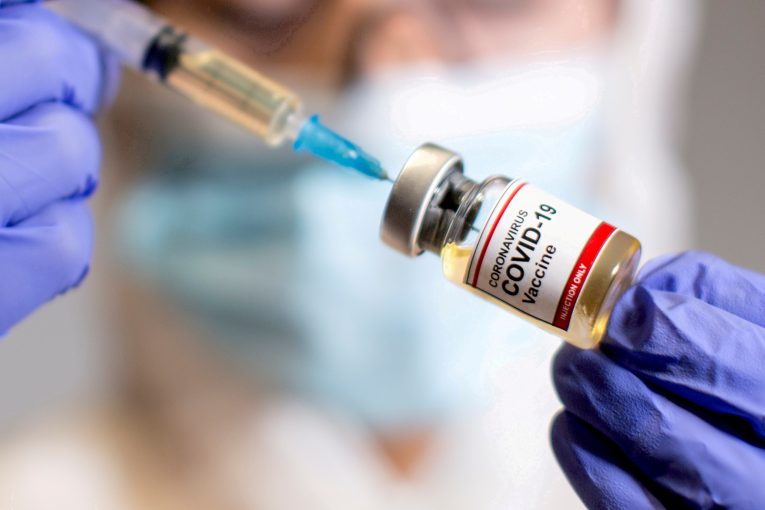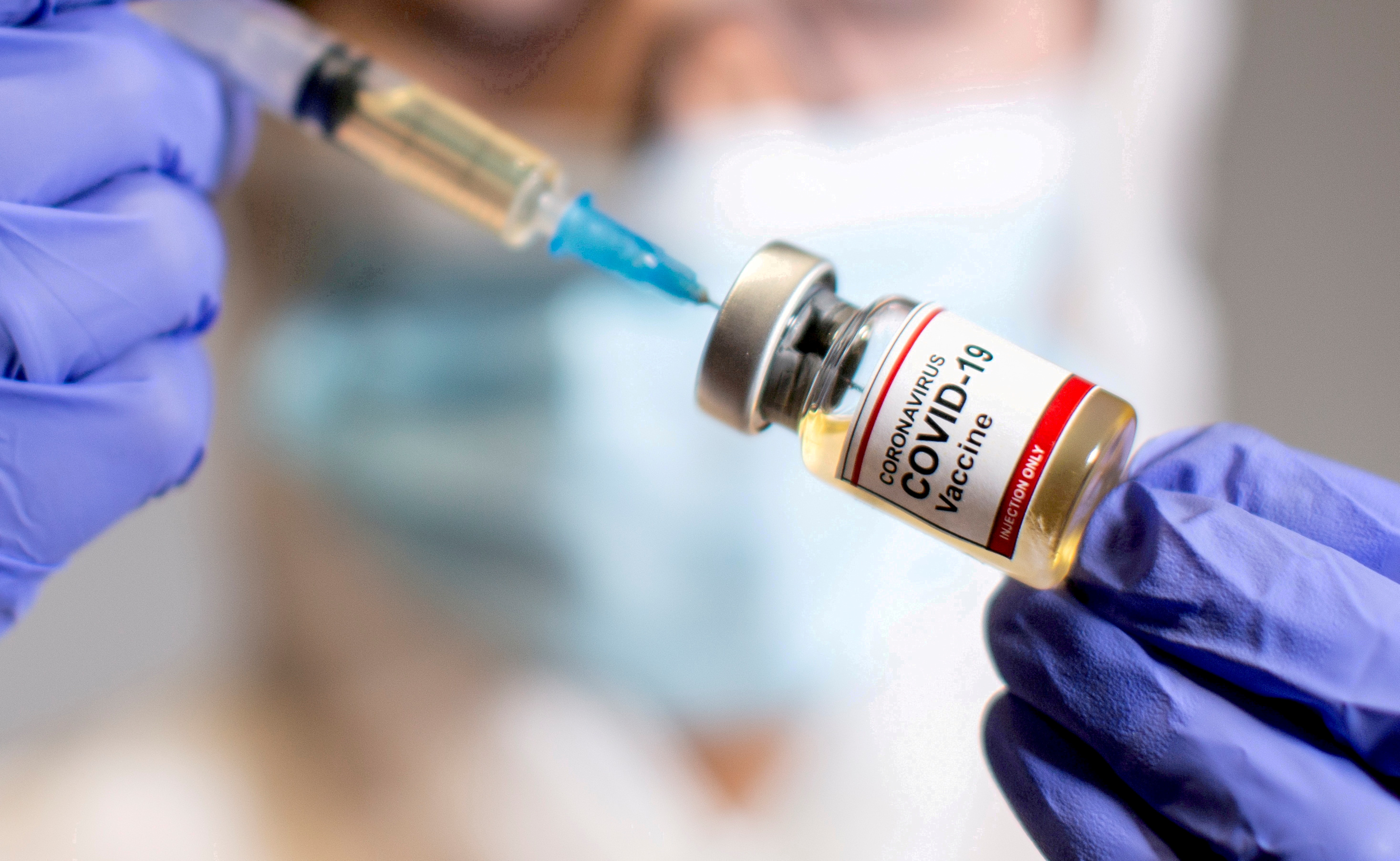

By Nicole Knauer
Currently, the COVID-19 vaccine, which has been a vital intervention to the continuing spread of the pandemic, is only available to those twelve years of age and older. Given that schools are in session and parents are concerned for the well-being of their unvaccinated children, this has been a major concern.
The pharmaceutical company Pfizer has been working to create a vaccine that is safe for children aged 5-11 years old. This week, a final decision on whether Pfizer’s pediatric vaccine should be released will be stated, as this debate continues in the CDC in Sacramento, California.
Before shots can be administered in pharmacies and hospitals, a separate advisory commission will be called upon in western states, even if the CDC does approve this emergency order.
In response to parents’ hesitation to give their children this vaccine, the state of California is organizing a public education campaign to spread confidence in the vaccine, provide parental support, and answer any questions about the risks of the vaccine. The public education campaign includes community outreach and features direct lines of communication between experts and local parental groups. It is also partnering with schools and hospitals to provide reliable and credible information regarding the pediatric vaccine, its effectiveness and safety.
Some well-known hospitals have provided statements showing their support for Pfizer’s efforts, amongst them being Kaiser Permanente, Dignity Health, U.C. Davis Health, Sutter Health, Placer County, Solano County, El Dorado County and Yolo County.
Kaiser Permanente has stated that, shortly following FDA approval, it will begin administering Pfizer’s pediatric vaccine, and predicts the vaccines will become available starting early November 2021.
Dignity Health will begin administration after both the CDC and American College of Pediatrics approve Pfizer’s pediatric vaccine. U.C. Davis Health will use pre-existing vaccination clinic sites to expand their patients to include the newly-approved age range once the CDC approves the new vaccine. Sutter Health is more reluctant to begin administration and is waiting for approval from the federal, state, and local officials.
If the vaccine is approved, children will be vaccinated in two doses, each one containing ten micrograms and spaced twenty-one days apart. Dosage will not be determined by age or weight of the patient, and all children will be administered standardly. The vaccine can be administered on the same day as other standard vaccines, but doctors recommend different injection sites be used to minimize injection site pain.
From trials conducted on the safety and effectiveness of Pfizer’s pediatric vaccine, the vaccine was found to be 90.7 percent effective in eliminating symptomatic COVID-19. It also passed immunobridging success criteria for geometric mean neutralizing antibody titers and seroresponse rates.
The side effects listed are comparable to those of the pre-existing vaccine, and include injection site pain, fatigue, headache and flu-like symptoms. Out of the three thousand participants in the study, all exhibited mild to moderate symptoms, and none displayed serious side effects, such as anaphylaxis or myocarditis. Myocarditis is predominantly a risk in males aged 12-29 and is greater from the COVID-19 virus than from the preventative vaccine.
Although parents voice their concerns about administering a newly-developed vaccine, statistics prove that immunization is vital for overcoming this deadly pandemic. Since the pandemic began, around 1.9 million children aged 5-11 years old have been infected with the virus. Over 8,300 children have been hospitalized due to complications and serious health effects, and 94 have died.
In support of the vaccine, ACIP Chair Grace M. Lee, M.D., M.P.H., Associate Chief Medical officer for practice innovation at Stanford Children’s Health, stated, “I value preventing infection in children, and I think it can have a huge positive impact on their health, their social and emotional well-being, their educational outcomes and their long-term trajectory… Vaccines are really the only consistent and reliable way that we can provide that protection other than cocooning them at home to minimize their risk but then that is depriving them of many other important aspects of their childhood.”